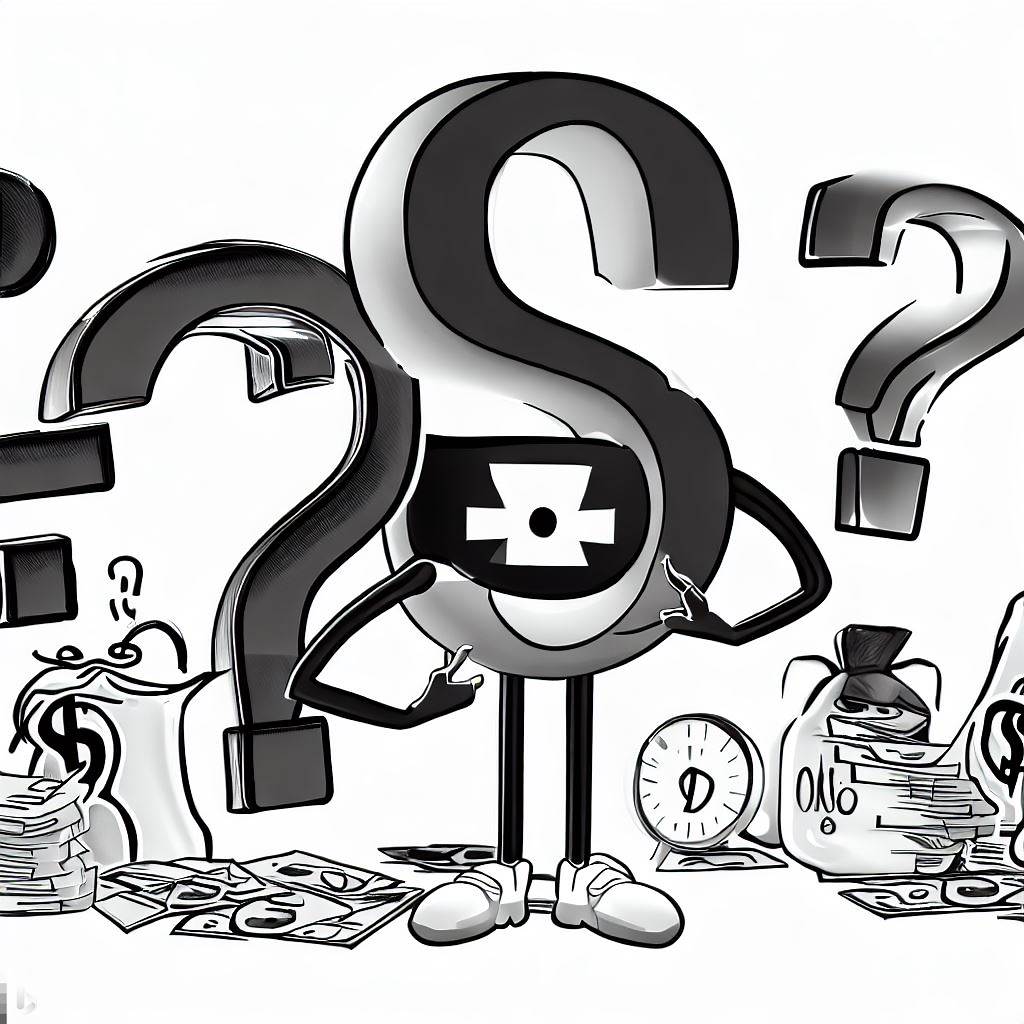Managing your emergency fund effectively involves smart choices. Consider a high-interest savings account for quick access and some interest earnings. Avoid risky investments that may fluctuate. You can also explore term deposits for better returns on a portion of your fund while keeping the rest accessible for unexpected needs. For homeowners, a floating mortgage can be a possible strategy.
___________________________________________
“I have my shares and investments all set up, but I have read that you should have a 3-6 month emergency fund just incase shit hits the fan. Ideally that would not be sitting in the bank doing nothing, but earning me some money. So my question is what do you do with the money you want easy access to, should the need arise? A rolling term deposit that you can cancel early if need be, or perhaps shares and you just sell them off as you need the money for expenses?”
(Original question on Reddit)
___________________________________________
Preparing for financial emergencies is a crucial component of proper financial planning. While you may have your investments and savings in place, having a dedicated emergency fund is like a safety net for those unexpected “rainy days.” However, What should you do with the money you want to keep easily accessible in emergencies? We’ll explore various options for managing your emergency fund effectively.
High-Interest savings account
Consider placing your emergency fund in a high-interest savings account. While it may not generate high returns, it provides quick and easy access to your money while earning some interest. Some banks offer better interest rates and reward you for not withdrawing. This is an excellent alternative to letting your money sit aside and lose value, as you can withdraw anytime.
Avoid risky investments
Avoid tying your emergency fund into risky, volatile investments such as individual stocks or crypto. While these assets can be quickly liquidated, their value can fluctuate significantly, potentially forcing you to withdraw funds at a less favourable price during an emergency.
Term deposit
Consider putting some emergency funds into a term deposit to earn better interest rates than a savings account. You can select shorter terms, such as one month to two years. However, it would be wise not to put your entire emergency fund in this account as you never know when you might need to withdraw, so allocating a portion selecting short terms could be an option.
Floating Mortgage
Utilising a floating mortgage can be another strategy for managing an emergency fund. A floating mortgage arrangement allows homeowners to make overpayments without incurring penalties, effectively turning their mortgage into a sort of savings account. In times of financial stability, one can make extra payments towards the mortgage, reducing the overall interest and building a cushion. Should an emergency arise, homeowners can draw upon these overpayments, providing a financial safety net without the need to dip into other savings or investments. This approach offers a dual benefit: you’re paying down your mortgage faster while also setting aside funds for unforeseen circumstances.
While it’s vital to keep an emergency fund available to access when needed, it’s worth considering putting that money to use so it earns some return over time.
Hope this helps.
Regards, Clive Fernandes (Financial Adviser)
Director – National Capital
Disclosure: I am the director of National Capital, a KiwiSaver advice firm. The information in this post is only general in nature and is not personalised financial advice. Please contact us if you want financial advice.
